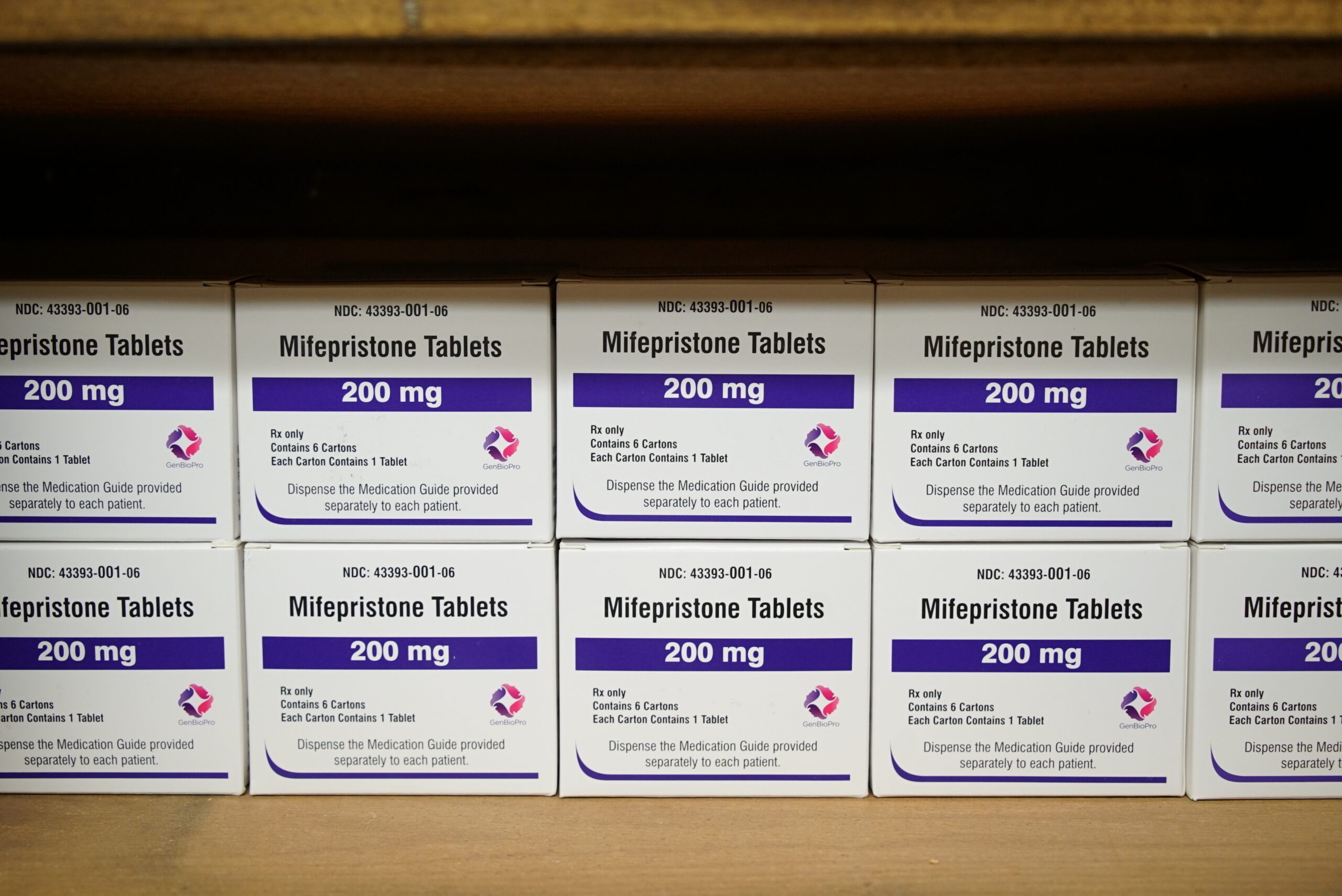
Generic abortion drug manufacturer sues West Virginia over restrictions
One of the generic manufacturers of a drug used to end early pregnancies sued West Virginia’s attorney general today, claiming that federal law and the FDA’s regulations supersede West Virginia’s law banning the drug.
The case will likely be closely followed, given the fact that medication abortions are now the majority of all abortions, and as the Supreme Court last September revoked the right to abortion, paving the way for bans in almost all cases. And if West Virginia’s restrictions are overturned, as GenBioPro claims they “functionally displace FDA’s judgment in approving mifepristone and imposing a REMS,” this might be a test case for other states.
Unlock this article instantly by becoming a free subscriber.
You’ll get access to free articles each month, plus you can customize what newsletters get delivered to your inbox each week, including breaking news.